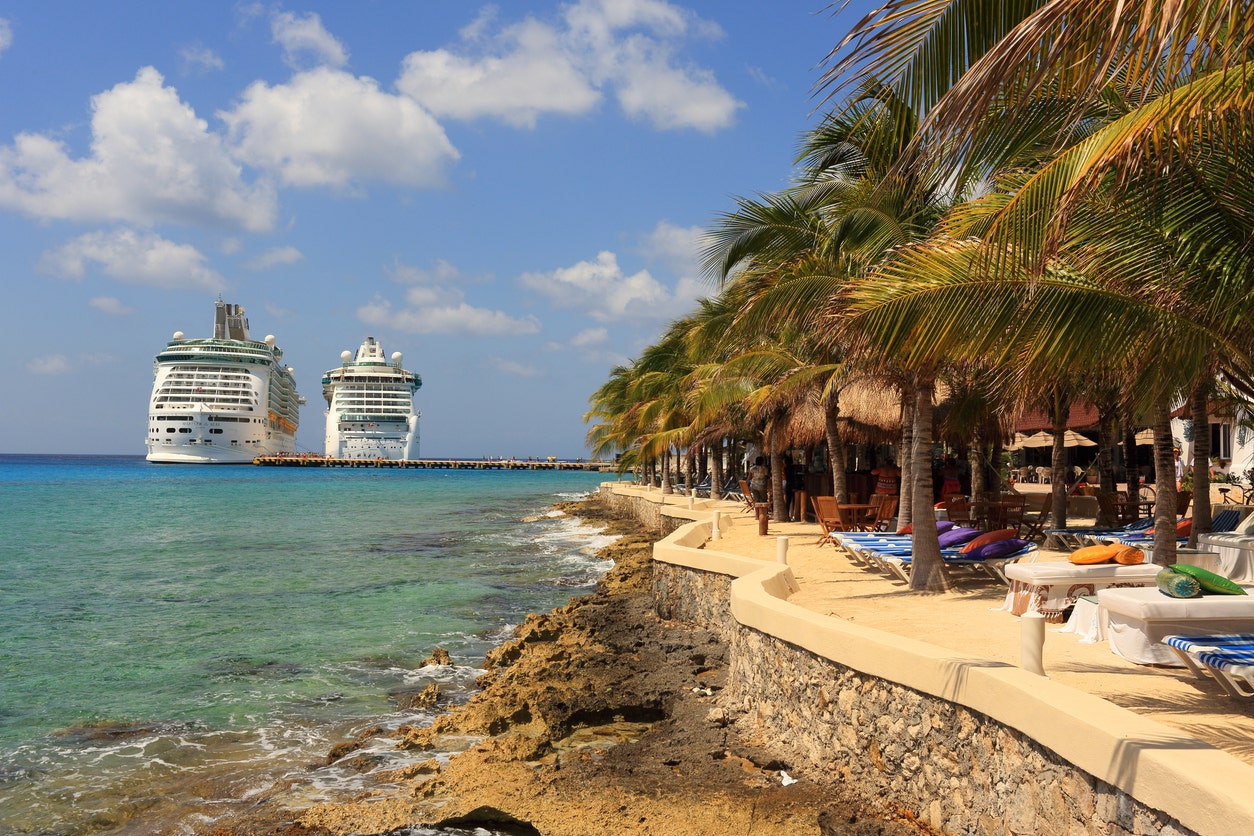Mexico to Impose Tax for Cruise Ship Visitors Starting in 2025
Mexican officials may be rocking the boat with visitors by introducing a new tourist tax.
As of 2025, Mexico will impose a tax on cruise ship visitors, a decision that might ripple through the vibrant shores of its tourist havens. This tax, set at $42 per passenger, raises questions about the future of cruise tourism in a county that thrives on it. It’s a hefty price for a sun-soaked getaway, and one can almost hear the collective sigh of potential travelers weighing their options.
The Economic Weave of Cruise Tourism
Chiron indicates that cruises provide a solid backbone for Mexico’s economy. They create jobs, stimulate local spending, and contribute significant tax revenue and port fees. With their floating hotels and endless entertainment, cruise ships have turned ports like Cozumel and Ensenada into bustling hubs of activity. However, this new tax might make it less enticing for cruise lines, as they typically have the flexibility to relocate their ships, unlike traditional hotels strapped to a single location.
Chiron opined, “I would think cruise passengers would voice an opinion to skip Mexico in lieu of a $42 fee hike.” This sentiment may resonate with many travelers, who usually prioritize affordability while exploring the scenic beauty of destinations.
According to the Cruise Lines International Association, about 16.9 million passengers from the U.S. cruised in 2023. This staggering number reflects a robust travel culture that could dwindle if costs continue to rise.

Concerns from Industry Leaders
Michele Paige, the CEO of the Florida-Caribbean Cruise Association (FCCA), recently expressed her discontent in a letter to Mexican President Claudia Sheinbaum Pardo. She highlighted the perplexing nature of the tax hike in a climate where tourism is recovering post-pandemic. “Cruise lines will inevitably reevaluate the viability of these investments considering the potential loss of consumer demand for Mexico cruises driven by the unprecedented tax increase on cruise tourism,” Paige remarked.
The FCAA anticipates that this new fee could make cruise tourism in Mexico a staggering 213% more expensive compared to the average Caribbean port, which may cause cruisers to rethink their itineraries.

The cost burden does not stop at the proposed tax; it compounds with other existing fees and taxes, potentially leading to a scenario where many cruise guests would struggle to absorb these additional charges.
Interestingly, of the funds generated by this tax, roughly two-thirds would reportedly go to support the Mexican military. In a time when many observers advocate for the bolstering of tourism infrastructure, such decisions can raise eyebrows and spark debates about priorities.
Global Context and Comparisons
Mexico is not alone in this approach; increasingly, other popular tourist destinations are implementing or raising their tourist taxes. The Maldives, known for its turquoise waters and luxurious resorts, has also seen a hike in flight fees aimed at tourists departing from its picturesque islands. This trend sheds light on a growing tendency among nations to seek additional avenues of revenue from their transient visitors.
As travelers reflect on these changes, a unique consideration emerges: how much are they willing to pay for an experience, especially one that evokes the heart and soul of Mexico, filled with vibrant culture, stunning landscapes, and unforgettable culinary delights? An introspective look at travel spending might just reveal where priorities lie, blending the allure of wanderlust with the realities of rising costs.
In the end, while the horizon may seem clouded with uncertainty, the spirit of adventure continues to beckon. Will cruise travelers choose to embrace new challenges, or will they seek warmth and relaxation elsewhere? The answer unfolds with each booking and each journey taken.




































